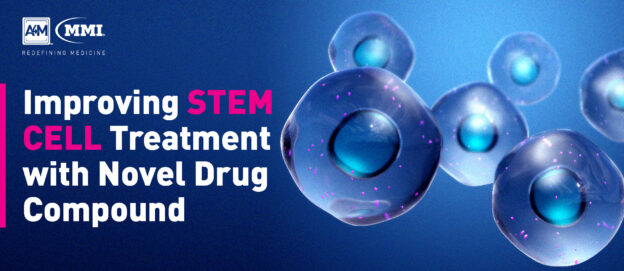It’s the body’s first line of defense, shielding us from harmful microbes, viruses, and other invaders that attack and cause illness. But sometimes the human immune system fails or turns on itself to attack healthy cells and promote autoimmune diseases, like cancer, rheumatoid arthritis, and type 1 diabetes. For three scientists who conducted fundamental research on peripheral immune tolerance, a system that slows down the immune system and keeps it from harming the body, the result was a wealth of knowledge — and the 2025 Nobel Prize in Physiology or Medicine.



